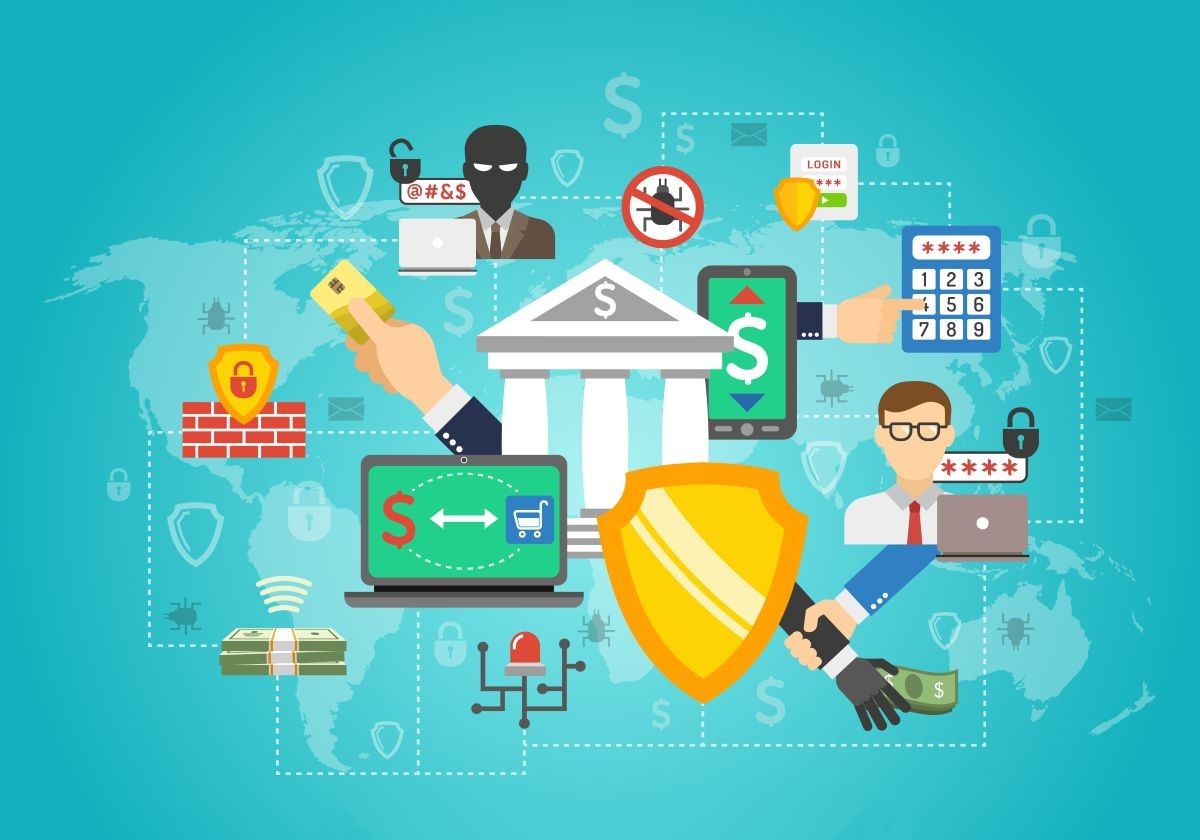
Welcome!
I am a skilled mobile technology blogger.
ARTICLE SAMPLES
How to prevent hacker attacks
These days it is almost impossible to live a meaningful life without using the Internet. People utilize the world wide web to explore various websites, send and receive emails, research and purchase various goods and services online, watch videos, connect and exchange information with others by using one or more of the numerous social networks, and so on.

Sadly, hackers have come up with ingenious methods that allow them to steal, and then misuse our information and money. Here are some of the most popular cyber threats, as well as several tips that should help you stay safe.
1. Phishing attacks
With phishing, hackers try to make unsuspecting users click the infected links that are included in emails which pretend to come from legitimate sources.
You may receive an email that seems to be sent by your bank, for example. There's been an illegitimate transaction, and you need to verify your online banking account by typing in your user name and password in an online form. The email you've gotten looks 100% legit, using your bank's logo, and so on. So, you click the included link confidently, arriving at the bank's website, and then you verify your account.
Actually, that link has led you to the hacker's site, which is a replica of the one that's being used by your bank. Sadly, your bank account details are now saved in the attacker's database, and you will soon discover that people have been withdrawing money from your online account without you knowing anything about it.
It sounds scary, and it really is! To stay safe, don't click any email links, even if they promise to show you things you've never seen before. Check out the sender's email address; you will often discover that it doesn't use your bank's domain name. However, you should be aware of the fact that some clever hackers also use email spoofing, forging the sender's address.
So, you may receive an email from accounts@yourbank.com which wasn't sent by your bank. If you aren't sure, simply call your online banking institution and ask them what's happening. Very few banks (if any) ask their users to verify accounts, modify passwords, etc over the Internet.
2. Virus infections
Viruses are pieces of computer malware which have been coded with the goal of stealing and/or deleting other people's information. Computers which run older, unpatched versions of their operating systems are much more vulnerable to virus infections.
These pieces of malware will often replicate themselves by infecting executable files. As the infection spreads, the computer user will see that his/her machine is slowing down, reboots unexpectedly, makes various noises, displays all sorts of pop-ups, and so on.
To stay safe, use a good antivirus. Resist the temptation to download "free antivirus" applications from obscure sites; many of them include malware.
3. Wardriving and wardroning
Many router manufacturers have made it very easy to set up wireless networks. However, this has made it possible for hackers to connect to their victims' Wi-Fi networks without attracting any attention.
Wardrivers use a moving vehicle and a laptop, searching for vulnerable wireless networks. With wardroning, hackers use drones to achieve similar purposes.
To stay on the safe side, always use WPA2 to secure your network. Make it a habit to change your password every few months. Use online services such as random.org to generate hard to guess passwords that have lengths of at least 15 characters. Patch your router as soon as new firmware updates become available.
Follow my advice and I guarantee that you'll give hackers a hard time. And don't forget to check sites like Threatpost if you want to be kept up to date with the most recent computer security news.